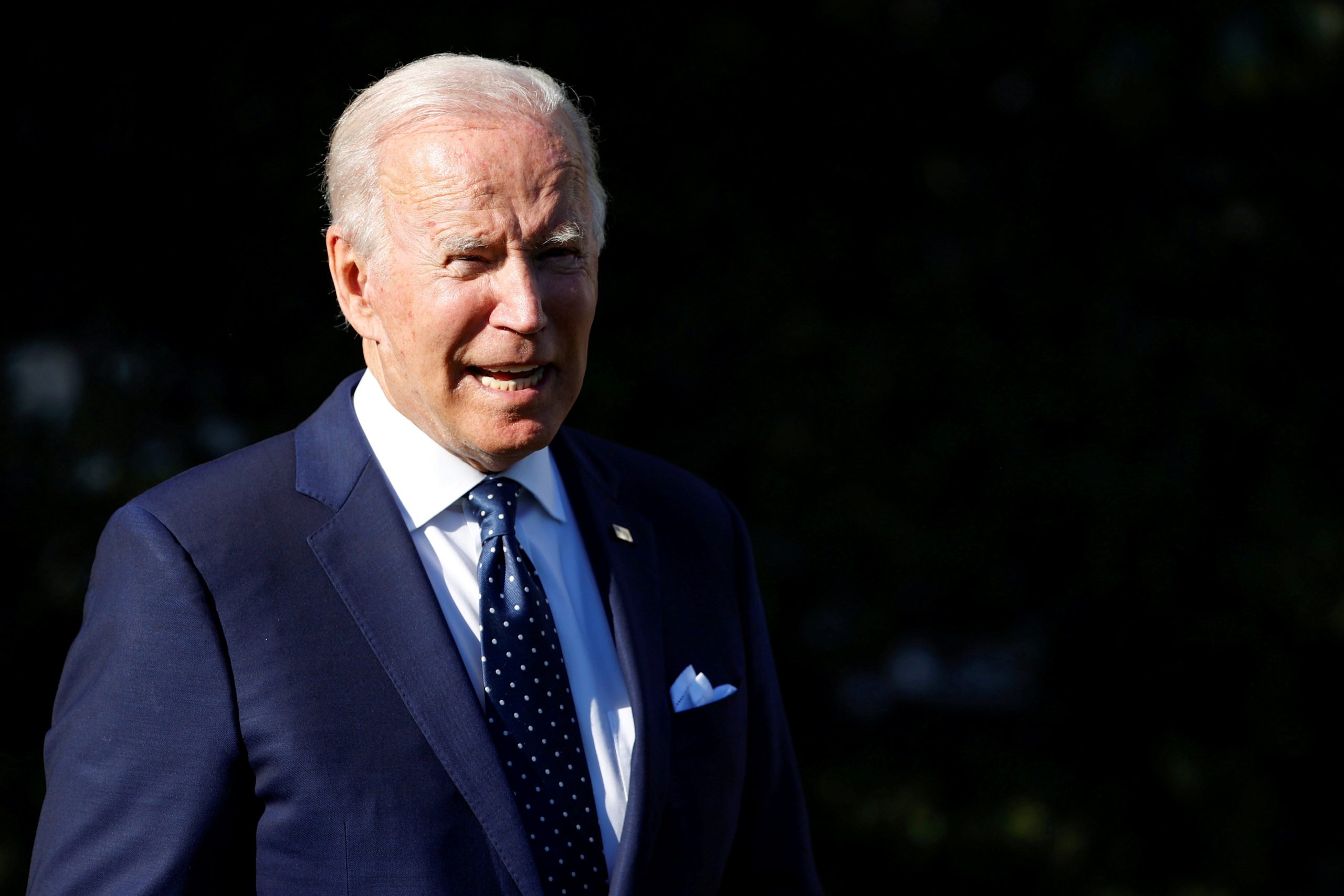
Matt Bush, FISM News
[elfsight_social_share_buttons id=”1″]
President Biden is expected to pitch a revised spending plan in his hometown of Scranton, Pennsylvania later today. According to the Washington Post, the new social spending plan will be capped at $1.9 trillion, a significant reduction from the original $3.5 trillion plan.
President Biden met with 20 centrist and progressive Democrats in separate groups on Tuesday to discuss scaling back the massive spending plan, and it appears that the proposal, aimed for moderate support, will be presented today. The scaled-down proposal will include either complete cuts or reductions of several of the social projects at the heart of Biden’s liberal agenda.
Progressive Democrats had been pushing the administration to pass massive legislation changes within the two years that Democrats are guaranteed control of Congress and the presidency, which now is in jeopardy.
Representatives from both sides of the aisle are now eagerly waiting to see what exactly will be kept and what will be cut.
The New York Times has reported that one key aspect of Biden’s climate agenda items – moving from power plants run by coal and gas to more sustainable forms of energy like wind, solar, and nuclear – will be cut completely. This seems to be a nod to Sen. Joe Manchin, who has been crucial in blocking the larger bill, as he is from a coal state and would probably not sign off on the bill otherwise.
Other things rumored to be cut include free community college and other “New Green Deal” initiatives, while extensions to the Child Tax Credit and universal Pre-K have reportedly been kept.
With Democrats holding a small majority in both the Senate and House, there was no room for error when Biden first announced a $3.5 trillion “infrastructure” bill. The initial bill passed through Congress, but hit a major roadblock with two moderate Democrats in the Senate – Manchin of West Virginia and Kyrsten Sinema of Arizona. Both senators made it clear from the beginning that they would not support an infrastructure bill of that size and scope. In short, with no room for errors to pass the bill, the entire process has been fraught with errors that have led to this compromise.
A traditional infrastructure bill which included items such as roads, buildings, and bridges, passed through the Senate on Aug. 10, but has been held hostage by Pelosi. She has vowed to not bring it to a vote until this “social infrastructure” bill is passed through the Senate as well.
The $1.2 trillion original bill is considered to be the largest infrastructure improvement deal in decades and enjoyed bipartisan support. This bill would create jobs and much-needed upgrades to some of the country’s most important assets, while the larger reconciliation bill is focused on items that have very little to do with infrastructure.
While the new “Build Back Better” plan has lost a lot of its teeth, it will still be a progressive agenda filled bill with a huge price tag. It is believed that no Republicans will vote to pass the bill despite it’s reduced cost, meaning its fate will again lie in the hands of centrist Democrats.
